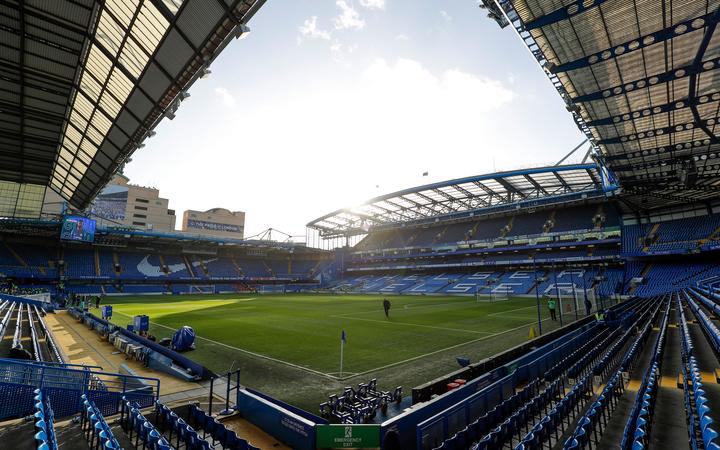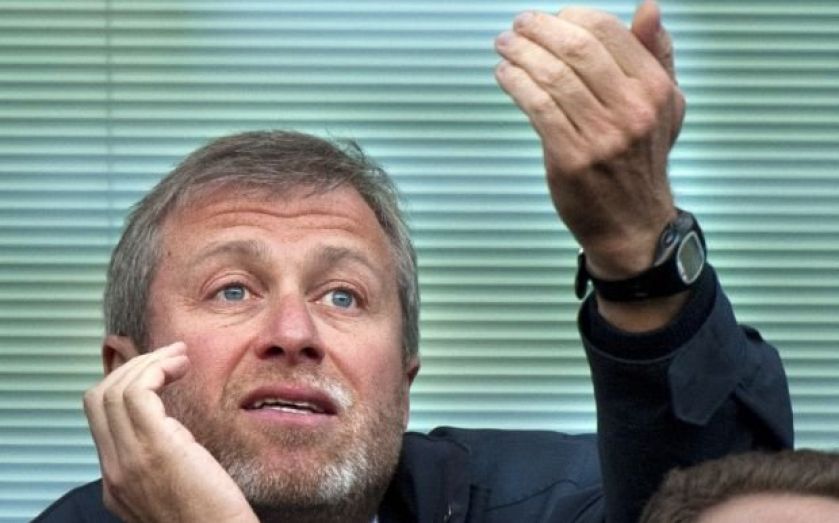NZ
Government Must Act In Response To Heart-breaking, Compelling Evidence On FASD
Statement on behalf of Roopuu Apaarangi Waipiro
Alcohol harm reduction experts are calling on the Government to urgently act on recommendations from nine witnesses who have detailed the multiple, serious and systemic failures by successive Governments to address the unequal harms to Māori from the lifelong disability of Fetal Alcohol Spectrum Disorder (FASD).
The witnesses will be heard by the Waitangi Tribunal on Monday and Tuesday, in support of a claim (WAI2624) submitted by Raawiri (David) Ratuu (Ngaati te Ata Waiohua, Waikato-Tainui, Ngaati Maniapoto) of Kookiri ki Taamakimakaurau Trust and member of The Health Coalition Aotearoa’s Roopuu Apaarangi Waipiro, Alcohol Expert Panel.
First, caregivers will describe the devastating, life-changing and on-going challenges and distress they face raising their loved ones with FASD, often with little to no Government support. Clinical practitioners and researchers will then present compelling evidence on the Crown’s breaches of Te Tiriti o Waitangi by failing to respond to the serious harm of FASD. This includes failures to measure the prevalence of FASD as well as providing specific and adequate funding for diagnosis and wrap-around disability support services for individuals and whānau.
Fellow Health Coalition Aotearoa Panel member and clinical neuropsychologist, Dr Valerie McGinn, is one of the witnesses presenting evidence next week. She says "the evidence to be presented will be upsetting to many - the implications of alcohol exposure in pregnancy have devastating, intergenerational effects. With an estimated one-half of all pregnancies being exposed to alcohol, as many as 1800 or more babies are born with FASD in our country each year. The damage to the brain from prenatal alcohol exposure leads to outcomes such as low educational achievement, mental health and substance abuse issues, early contact with the justice system, benefit dependence and premature death - including through suicide. With the right funding and support, these outcomes can be greatly reduced and persons with FASD and their whānau can thrive. FASD must be recognised as a stand-alone disability, eligible for disability support services. Other countries are leading the way, and Aotearoa New Zealand must follow suit."
"The Waitangi Tribunal claim and witnesses present clear solutions for change. Proper regulation of alcohol is also imperative to reduce the number of babies born with FASD each year. Weak regulation has resulted in the oversaturation of alcohol outlets across many communities, low alcohol prices, and sophisticated advertising to target young people and those of child-bearing age" says Panel member Dr Nicki Jackson.
"The persistent lack of regulation of alcohol has enormous, lifelong consequences. Our pro-drinking environment drives inequities in alcohol use and harm, including the lifelong disability of FASD. We, as the Health Coalition Aotearoa Alcohol Expert Panel, urge the Government to implement effective regulation of our most harmful drug. They have a duty to create healthy environments that support alcohol-free pregnancies. We want every child to have the opportunity to reach their full potential", ends Dr Nicki Jackson.
SEE https://plawiuk.blogspot.com/2006/12/alcoholism-is-colonialism.html









